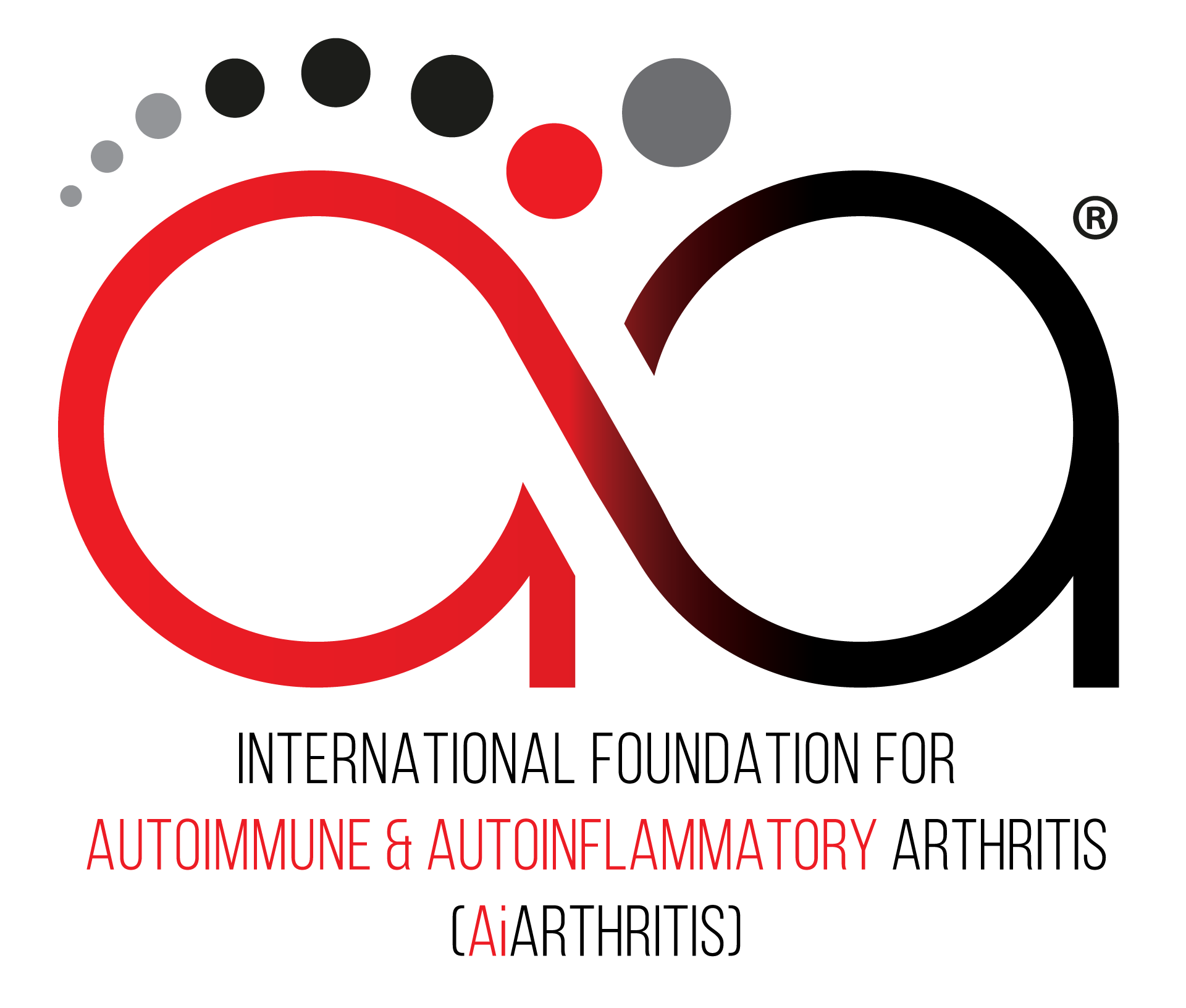What is Rheumatoid arthritis
Rheumatoid arthritis (RA) is a form of arthritis that causes pain, swelling, stiffness and loss of function in your joints. It can affect any joint but is common in the wrist and fingers. More women than men get rheumatoid arthritis. It often starts in middle age and is most common in older people. But children and young adults can also get it. You might have the disease for only a short time, or symptoms might come and go. The severe form can last a lifetime. Rheumatoid arthritis is different from osteoarthritis, the common arthritis that often comes with older age. RA can affect body parts besides joints, such as your eyes, mouth and lungs. RA is an autoimmune disease, which means the arthritis results from your immune system attacking your body’s own tissues. No one knows what causes rheumatoid arthritis. Genes, environment and hormones might contribute. Treatments include medicine, lifestyle changes and surgery. These can slow or stop joint damage and reduce pain and swelling.
Related Resources
Meet Dawn Green: Turning My Pain Into Purpose
Looking for more Autoimmune Association resources?
Learn MoreRelated Autoimmune Patient Groups
Looking for more information?
Many of our partner organizations specialize in support for specific autoimmune diseases and have additional resources, research and care-management information available.


